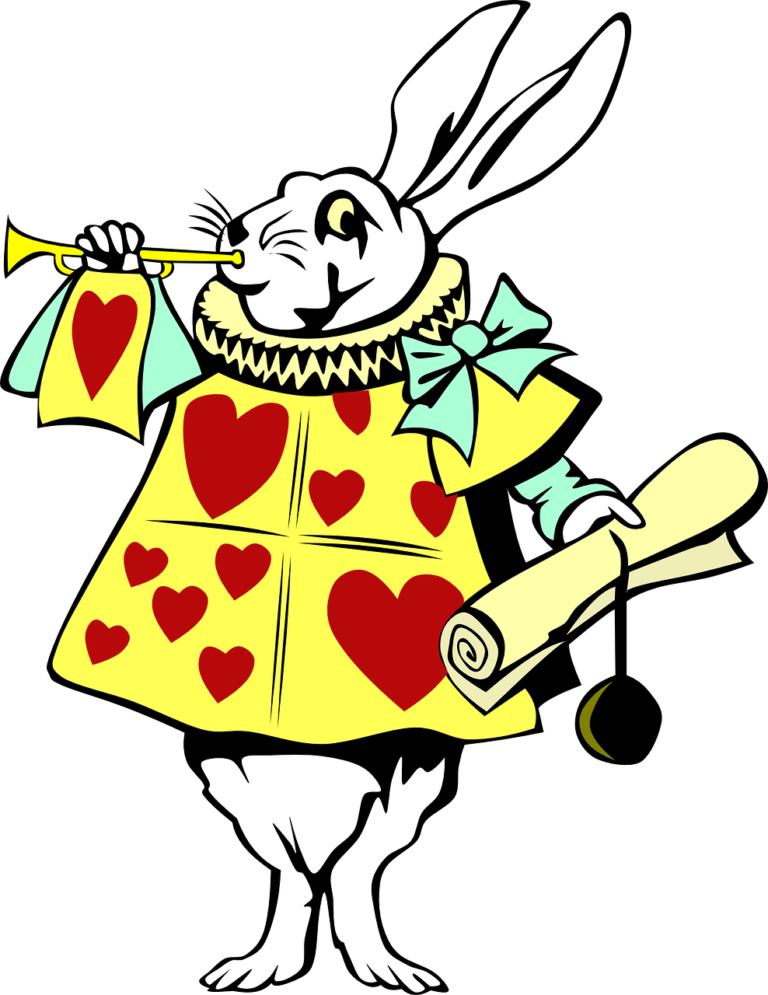
Everyone has a story in them.
Not everyone wants to write that story, but a lot of people do.
I’ve joined several Facebook writing groups and it amazes me the number of people posting something along these lines: “I’ve always wanted to be a writer, but I don’t know how to get started.”
Or they’ll say, “I finished writing my novel, now what do I do? Can anyone recommend a publisher or an agent?”
I appreciate that everyone has to start somewhere.
As I’ve written before, there are countless online sites that offer writing advice.
All a writer has to do is a Google search, and they’ll be busy for days.
Here’s a peek at the journey—and like anything, really, you’re going to need a village to help you succeed:
#1. You need other people’s stories. Read. A lot. Read across the whole literary plain. The more you read, the more the rhythms and patterns and language will stick in your mind.
#2. Make sure you know what a genre is and what genre you want to write. Mystery. Thriller. Fantasy. Science Fiction. Magical Realism. Literary Fiction. Women’s Fiction. Do you want to write for children? What age group? Will you be writing picture books, chapter books, lower middle grade, upper middle grade? Young Adult? New adult? Nonfiction? Short stories? Flash fiction? Whom are you serving with your book?

#3. Start putting aside money. You’ll see why in number 13.
#4. Learn the elements of a good story. Analyze what you read. How long are the chapters? When does the inciting incident happen. Where’s the climax? How does the author escalate tension? Pick up a book on writing craft. Take a class at your local parks-and-recreation center or junior college.
#5. At this point, you haven’t even set pen to paper. But you may have met your village.
#6. Once you’ve learned the basic elements of story, create yours. Plot it, pants it. Your choice. Ideally, you know where you want your story and your characters to end up. Also, ask yourself, “Why am I writing this story?” “Why is it important to me?” “Why will it be important to readers?” Are you writing the book you want to read?
#7. Writing a story takes a very long time. Beware of the murky middle. Wade through it. Get your story written. Your first draft is for you. Finish it. Celebrate. But you’re not done.
#8. Read your manuscript critically and carefully. Read it out loud. Check it against the elements of a good story. Revise. This is another long process.
#9. When you’ve done that, give your baby, I mean, your manuscript to someone in your village to read. Find someone who will be critical. Your friends or spouse are a start. But you want a critique not a pat on the head—which does you no good at all. Find a writers group. Go online. Go to Facebook. (You’ll be better off if you find a group of writers who write in your genre.)
#10. Wait for their critique. (Long process, remember.) You don’t have to agree with them. But if a couple of them say the same thing, you should probably listen. Develop a thick skin.
#11. Rewrite. Revise. Reread. Give it back to the writers group.
#12. Rewrite. Revise. Reread. Again.
#13. Does it feel ready? It’s probably not. So if you have the money (see number 3), send your manuscript to a developmental editor, which is a professional who will read your story with a critical eye, looking for how all the pieces fit together and what’s missing. They’re not cheap, often charging by the word. A good place to find one is at Reedsy.com.
#14. When your story comes back, rewrite, revise, reread. You’ll probably want to send it out into the world now. Give it a go. But first…
#15. You need a literary agent. Very few publishers will look at a manuscript directly from the author. Research agents at manuscriptwishlist.com for starters.
#16. Research how to write a query letter. Have your writers group village read your query letter. And your synopsis. Yeah, you’re going to need one of those, too.
#17. Keep track of your agents. You only have one shot with an agent (although you may have more than one shot with an agency). Be proud of your thick skin.
#18. While waiting for the queries to come back, start a new story.
#19. Save money for the next developmental edit.
#20. Pat yourself on the back. You’re a writer. In fact, you were a writer way back at step 1.
Here are a few reputable sites and books to help writers get started.
Online: Society of Children’s Book Writers and Illustrators (SCBWI), Jericho Writers, Write by the Sea, Writers Digest, Karen Ferreira, The Author’s Guild, Nathan Baugh, The Story Godmother, Write of Passage, Fictionary, Scriveners, Mary Buckingham.
Books: The Magic Words by Cheryl B. Klein, Save the Cat Writes a Novel by Jessica Brody, Writing the Breakout Novel by Donald Maas.
Most importantly, have fun! I’ve heard this plenty of times: This is a marathon not a sprint.
Until next time,
~ Gail
Countdown: 22 weeks left of 2024
Before you go, don’t forget to sign up for my mailing list, below:






Thanks! This is an incredible wealth of information! A lot of work and researach goes into your blogs. I always enjoy reading them.
Thank you, Sherry! I feel the same about yours: https://sherrydunnbooks.com/blog